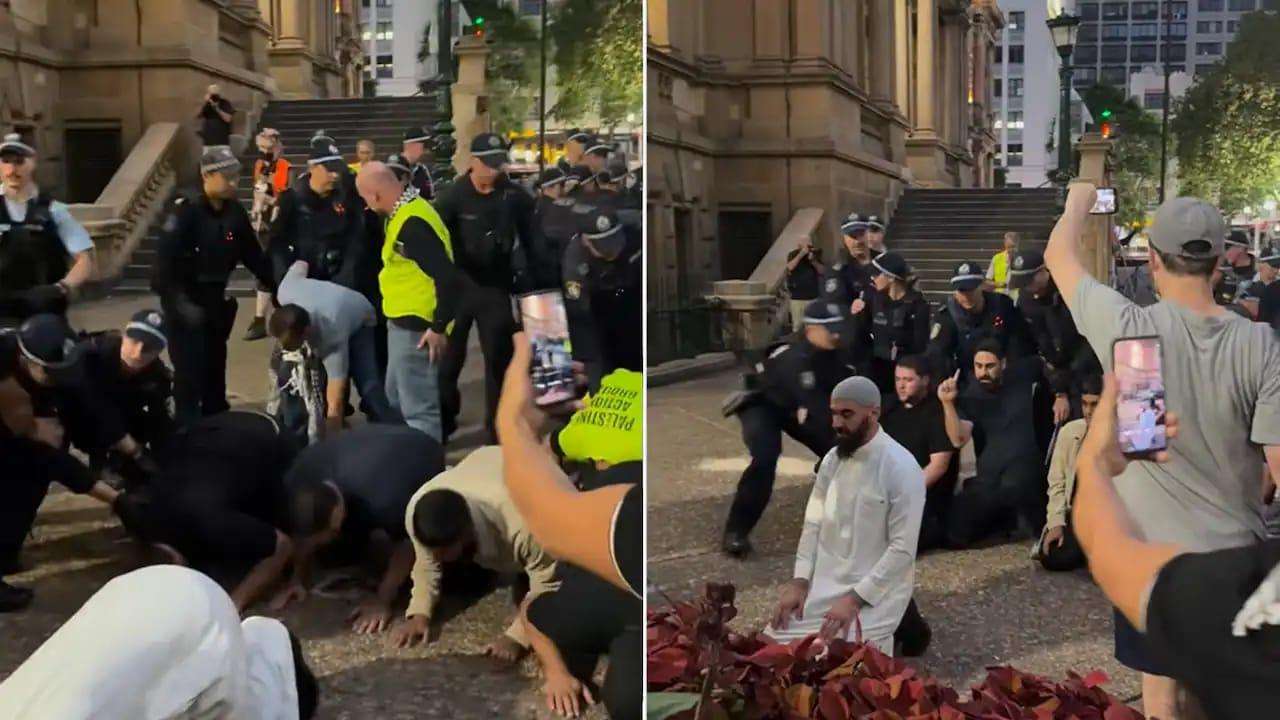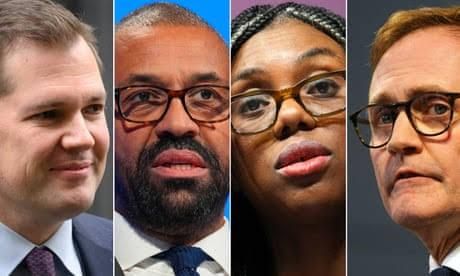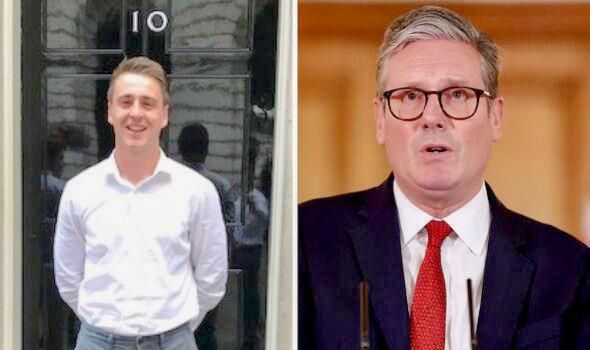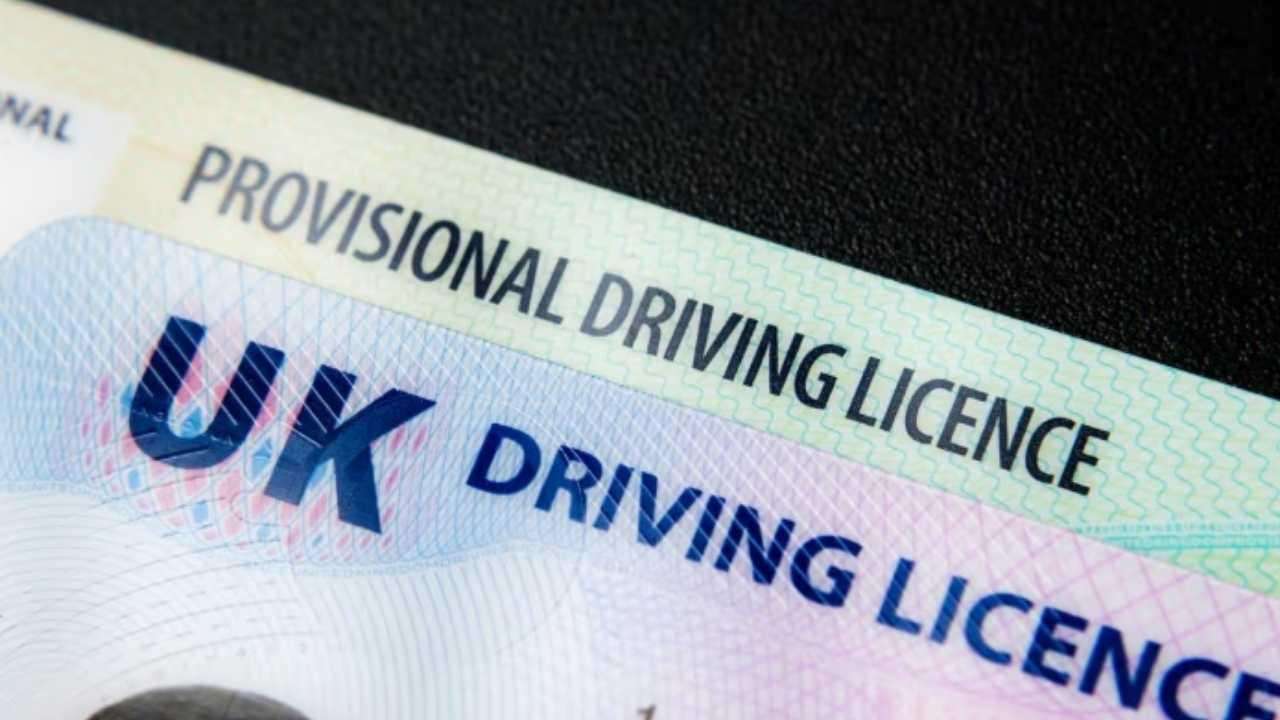Following turbulent days for his two main competitors, Kemi Badenoch and Robert Jenrick, the former home secretary James Cleverly has taken the lead in the Conservative leadership race, urging his party to be "more normal."
Victory would come again when the Conservatives were "enthusiastic, relatable, positive, optimistic, let's be more normal," he said in a speech on the last day of the Tory conference, in which he also expressed regret to the nation and the membership for the parliamentary party's shortcomings.
But despite unfavourable headlines for several days, Badenoch, the shadow housing secretary, was warmly welcomed in the hallway for her criticism of identity politics and net zero. On Wednesday, she addressed her detractors in a speech that concluded the conference, pledging to “tell the truth”.
The former business secretary declared, "I was raised in an environment that was permeated with terror. Hearing your neighbours cry out while they're being beaten and robbed... After you've gone through it kind of fear, you’re not worried about being attacked on Twitter.”
The odds on Cleverly reaching the final two in the members’ vote have dramatically shortened over the course of the past 48 hours – though the choice of which two out of the four will be in the hands of Conservative MPs next week.
Both Badenoch and Jenrick used their speeches to hammer home their rightwing credentials, on the environment, gender and diversity. Both also voiced their outrage at the treatment of a Batley teacher who showed a cartoon of the Prophet Mohammed.
Badenoch has faced criticism for comments she made on maternity pay being “excessive” and criticising civil servants, while Jenrick was censured by former defence secretaries and fellow leadership candidate Tom Tugendhat for claiming special forces were shooting terrorists rather than detaining them because of fears over European law.
Channelling Tony Blair’s New Labour, Jenrick promised to create a New Conservatives. “We will be tolerant, but we will stand for never tolerating any of this, ever again,” he told the conference hall. “Come with me, join me, work with me in this new Conservative party and together, let’s take a stand for the country that we love.”
Badenoch opened her speech by saying it was “time to tell the truth” and said she had “seen the system from the inside and the system is broken”. She said she had been fighting identity politics “all my career” and drew cheers as she said “the stealthy poisoning of our society needs to stop”.
“For too long government stayed silent as women were sacked for saying that a man cannot be a woman,” she said. “I fought for them while Labour called them bigots.”
In his speech, Cleverly took veiled swipes at the weaknesses of his rivals. In remarks that echoed Gordon Brown’s “no time for a novice” speech, he drew on his time as home secretary and foreign secretary as he compared his experience to his rivals’. “Because I’ve been there, because I know in detail what the government should be doing right now. I know in detail how they’re failing. Now is not the time for an apprentice.”
In a dig aimed at Badenoch, who has accused the media repeatedly of misquoting her, Cleverly said: “Choose someone who you know and who is tested and who doesn’t hide from the media.”
The biggest cheer came when Cleverly ruled out any cooperation with Nigel Farage’s Reform UK party. “Reform didn’t deliver Brexit, we did. Reform didn’t cut immigration, I did. Mark my words, we will beat Reform by being the best version of ourselves, not a pale version of anyone else. So no mergers, no deals.”
In his speech Tugendhat drew on his record in the military and as security minister. “My opponents claim that they’ve got more management experience around the cabinet table. Sure, that’s true, but I’m not here to manage. I’m here to lead.”
Tugendhat acknowledged that he would cap net migration and that he would think about withdrawing from the European Convention on Human Rights, but he also stated that the problems were not that simple. "This has to do with visas, not foreign courts," he declared. "This isn't easy, and I'll tell you something that my opponents most likely won't.
"We granted the visas because our businesses depend on the workers in our hospitals and care facilities to take care of our loved ones. In order to hire domestically rather than abroad, we must close the skills and education gaps in housing, transportation, and other industries.
Tugendhat "lacked some of the spark that Cleverly had, which was a shame," according to one of his allies in retrospect.








.svg)



